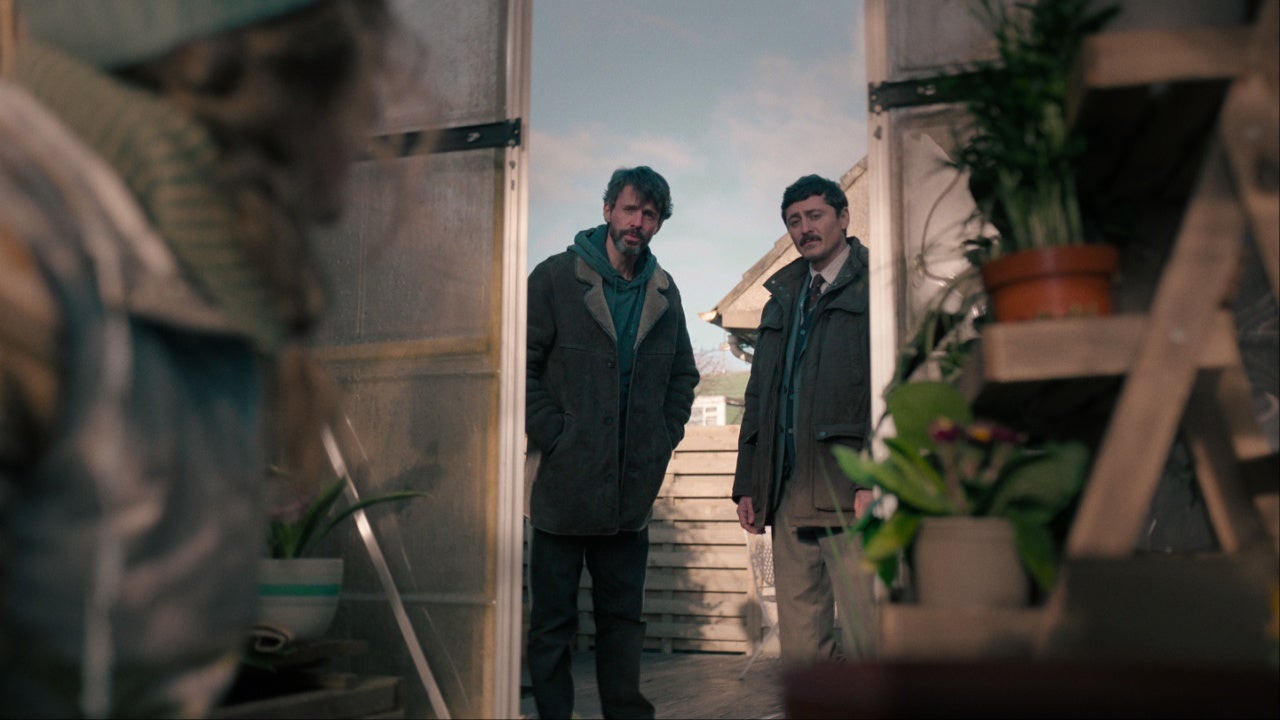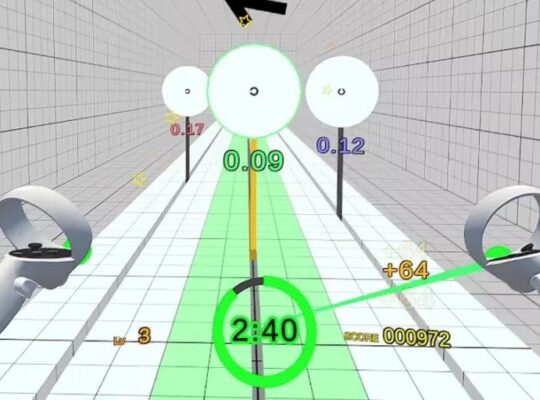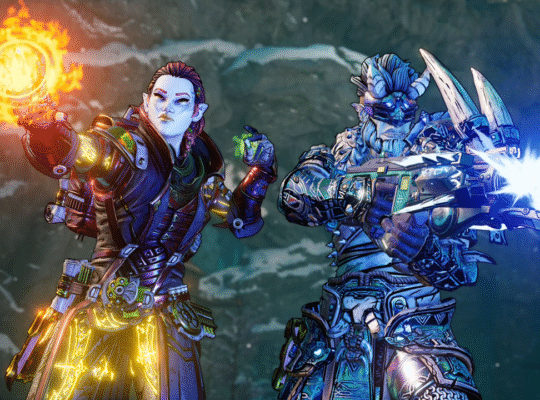
If you’ve seen a single mystery thriller on TV in the last decade, you’ll be familiar with the type of game Dept. Q is playing. This is a story built on the tried and true, from its curmudgeonly antihero who’s just too good at his job to quit to its tense story punctuated by a quiet, moody synth score. Everything on screen is sulky grays and blues. For the characters of this new Netflix series, life is a misery with a persistent, nagging hope for something brighter; everyone has a tragedy weighing them down, and yet, the world could redeem itself if only the good guys could notch a win. Like the investigations at the center of Broadchurch or The Killing, the search for answers will twist its way through a community – and maybe, just maybe, give these cops something to believe in.
It’s recognizable, sure, even commonplace: Detective Carl Morck (Matthew Goode) has always been a bit of a bastard, even more so after he and his partner were shot on the job. He’s too smart a detective to languish at a desk, so he’s unceremoniously assigned to a new division all his own, tackling cold cases out of an Edinburgh basement alongside a few misfit investigators. It’s not the most original premise in the world, but originality isn’t the most useful yardstick in a genre where most everyone is (rightfully) still remixing stuff Agatha Christie ran through a hundred years ago. It’s what’s done with these well-worn building blocks that matters most – and Dept. Q is plenty shrewd about how it plays with them.
It helps that showrunner Scott Frank packs a lot into eight hour-long episodes. There’s a fluidity to the direction, too: small filmmaking choices like changing the aspect ratio for a key setting or quietly shifting focus between Morck and his partner Akram (Alexej Manvelov). The latter is an elegant way of showing the mutual respect and sense of push-and-pull between the two detectives. Though Dept. Q is frustratingly blunt about making sure you really understand its mystery – underlining its connections through flashbacks, or letting characters talk out their therapeutic breakdowns – it’s often pleasantly subtle about its most crucial emotional connections.
Which is great, because while on paper the characters may lean into clichés, the cast play against them. Both the script and the actors seem cleverly aware that the audience already knows the archetypes they’re working from, which lets them skip over the basics and go straight to the personality quirks and details that make the Dept. Q special. Goode is deceptively thoughtful, even in Morck’s brashest moments; if anything he’s a bit too good at playing the “loveable” part of a lovable asshole. Leah Byrne brings pep and moxie to Rose, a cadet hoping to shrug off a mental breakdown and prove herself as a cop. But her performance also captures the rare dance of learning through instruction, as she tempers her natural talent with advice (and, sometimes, admonishment) from the more experienced men around her.
Best of all is Manvelov as Akram Salim, a Syrian cop who’s moved to Edinburgh and is stuck seeking out clerical work. He alludes to a rougher past, and comes through in a pinch with a bit of smooth, controlled action – all tropes, yes, and ones that run the risk of feeling too one-note (dangerously so for the only principal character of color). But they’re structurally important. Manvelov communicates a lot with very little – be it his weariness, or how he depicts Akram pushing Morck to see beyond his own consternation – and makes his character feel like he exists beyond the bounds of the screen more than almost anyone else in Dept. Q. It’d be easy for him to feel more like a device than a character, but Manvelov’s tiny reactions and the emotional richness of his acting won’t let that happen.
In Manvelov’s performance, we find the secret sauce of Dept. Q. His inclination to stop and process, to trust that nagging sense that something is off, becomes the guiding force cutting through the web of lies or Morck’s surliness. It’s a simple choice on Akram’s part, but one that frees the series up to start answering questions early on, providing reveals that don’t require the show to double-back and undermine itself for the sake of drama.
Like any good detective story, Dept. Q’s cold case is built on a dozen tiny mysteries, details, choices, and consequences that all twist and turn on each other to create a tangle that has to be cut through, rather than picked apart. But what makes the investigation so fascinating is how all these pieces interlock; this is a show built so completely around all the overlooked, intersecting threads that make up everyday life. Every rock overturned begets deeper hurt, greater offenses that have gone uncared for or unnoticed. These jagged edges fit seamlessly together, once you’ve got the right eyes on them – the writers have done the work to make sure we see Morck and company as those eyes. Grand conspiracies run by the shadowy cabal of governments and criminals are easy, but Dept. Q takes a more modest path, paved with individual grudges, petty greed, and selfish swipes at opportunity when the right tragedy arises.
And so its world feels fuller and more true than its standard-issue blueprint might imply. For all its foibles, Dept. Q weaves together a lot of time, circumstance, coincidence, and collusion into its mystery. It’s earnest and sinuous – and as the characters uncover competing interests, the twists of fate provide ways to twist the story without wasting the detectives’ (or the audience’s) time. Dept. Q may be by the numbers, but it certainly adds up to more than just the sum of its parts.











